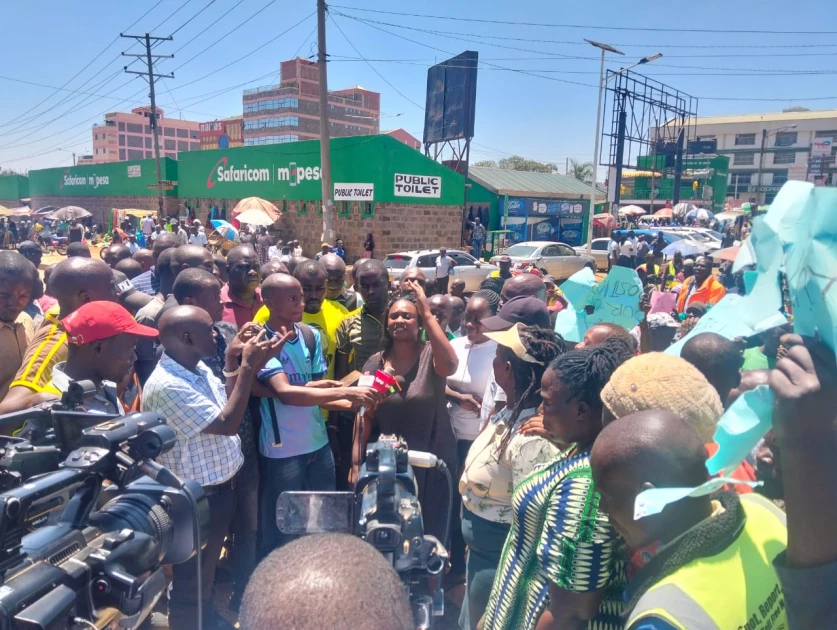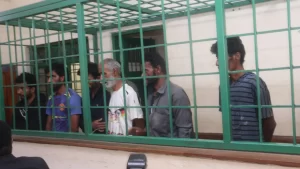

BY FLORENCE SIMIYU.
Residents of Bungoma County have raised concerns over the newly signed Cybercrime Law, saying that although the government’s intention to curb online crime is well-intentioned, the law has created fear among internet users. They believe that while fighting cybercrime is necessary, the current approach may have unintended consequences on freedom of expression.
Many residents argue that some sections of the law are unclear and could easily be misinterpreted or misused by authorities. According to them, these vague provisions could be weaponized to silence citizens who question government actions or participate in political and social debates online. They view this as a potential threat to democracy and open public discourse.Speaking from different parts of Bungoma, the residents urged the government to review the legislation to make it more transparent and fair.
They emphasized that every law must protect the fundamental rights of citizens, including the right to express opinions freely without fear of victimization.They further noted that the fight against online crimes should not be used as an excuse to suppress democracy. Instead, they believe that a well-balanced law should promote both cybersecurity and digital freedom, allowing citizens to express themselves responsibly while maintaining safety in the digital space.National Assembly Speaker Moses Wetang’ula has, however, defended the Cybercrime Act 2025, saying that it was crafted to protect families and prevent the spread of harmful online activities. Speaking in Malava, Kakamega County, he said the law aims to curb extremism, online exploitation, and immoral behavior, not to silence citizens.

Wetang’ula emphasized that the legislation does not seek to limit free speech but rather to encourage the responsible and ethical use of technology. He pointed out that digital spaces must remain safe for all users, especially the younger generation, and that the law provides a framework for accountability.Majority Leader Kimani Ichung’wah also supported the law, noting that it seeks to protect children from explicit and harmful online content. He assured the public that the government will take firm action against websites spreading pornography, extremist ideologies, and other forms of digital misconduct.
As the debate continues, Bungoma residents insist that their concerns should not be ignored. They have vowed to continue advocating for reforms that will ensure cybersecurity efforts go hand in hand with the preservation of constitutional freedoms. The residents are calling on the government to engage citizens in meaningful dialogue to ensure that the law is implemented fairly, transparently, and in the best interest of all Kenyans.






